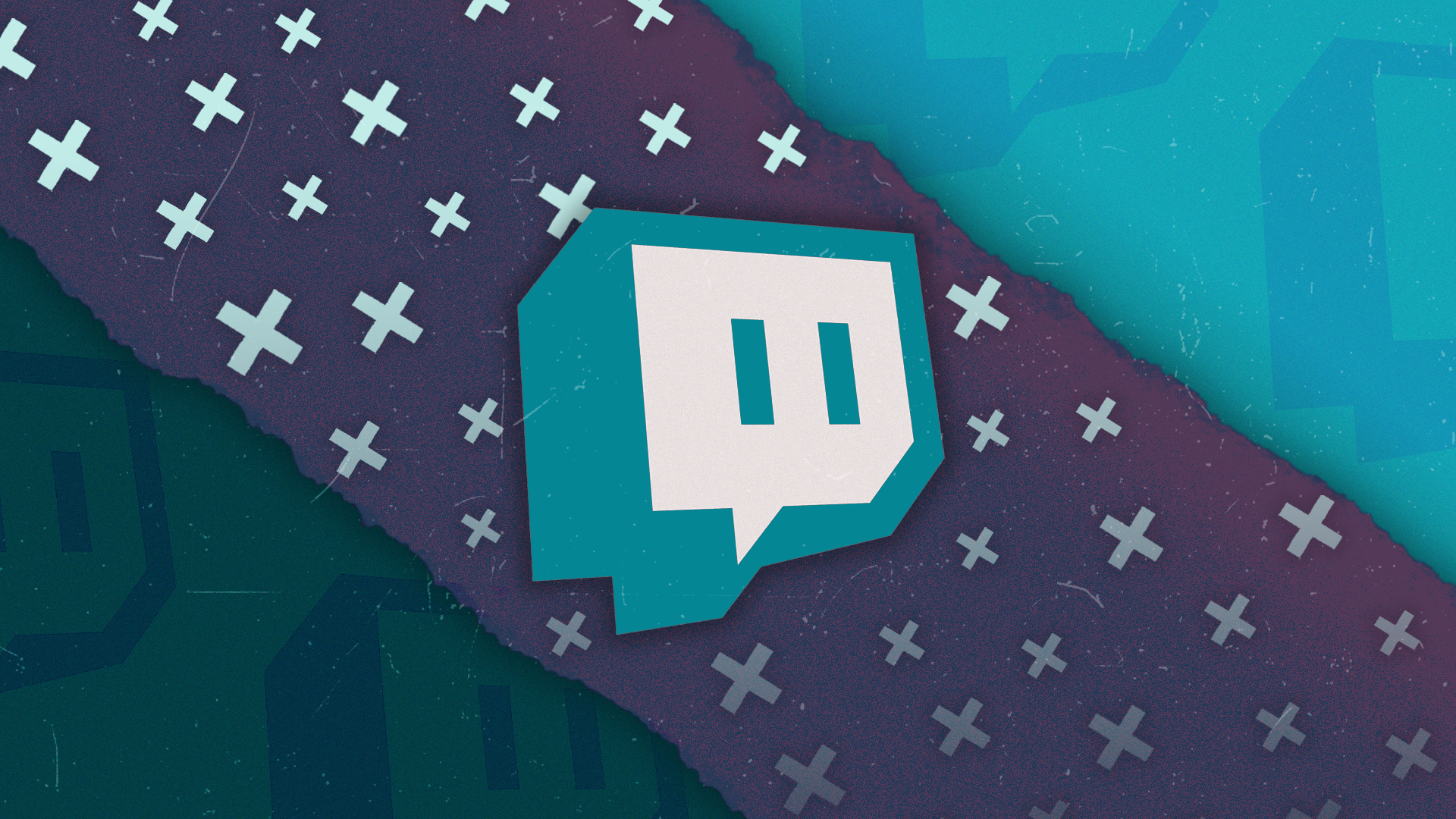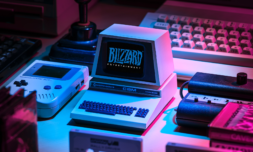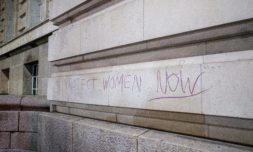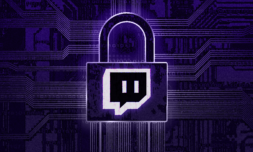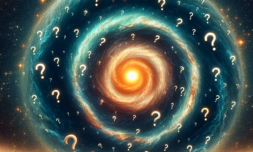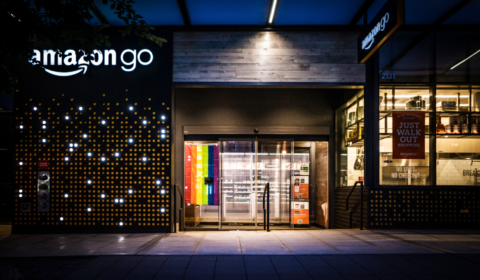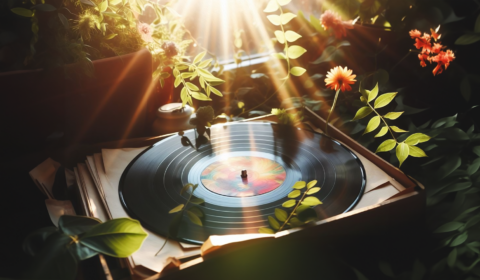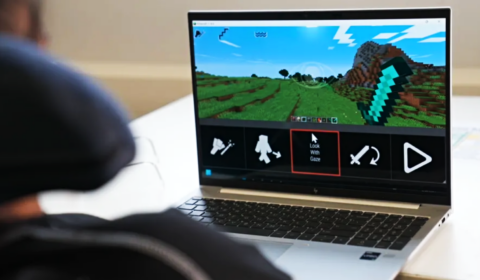Twitch streamers from marginalised communities have regularly spoken out against abuse and harassment they receive on the platform. With instances of ‘hate raids’ continuing to slip past moderators, a day long boycott now aims to drive change.
If you’re big into streaming, you’ll likely have seen the hashtag ‘#TwitchDoBetter’ bouncing around on Twitch and Twitter throughout August.
During a broadcast earlier this month, popular streamer RekitRaven – who is Black and uses they/them pronouns – emotionally recounted a real life trauma on camera for their followers.
While the initial response was overwhelmingly positive from most in the live chat, RekitRaven’s stream was quickly flooded by users spamming the same abhorrent message: ‘This channel now belongs to the KKK.’
It was the second time in a week this had happened, and RekitRaven took to Twitter to expose those involved in the coordinated harassment. This is where #TwitchDoBetter originally came from.
While the term ‘raiding’ is generally considered positive in the realm of Twitch – with streamers encouraging their viewers to head to other channels and bombard fellow creators with praise – a ‘hate raid’ refers to groups of malicious users and bots which hijack a streamer’s live chat with targeted abuse.
Often condemned for failing to address a growing toxic culture, Twitch’s key demographic is comprised of young white males. Meanwhile, the typical recipients of hate and harassment belong to ethnic minority groups, the LGBTQ+ community, or are women.
We’ve seen a lot of conversation about botting, hate raids, and other forms of harassment targeting marginalized creators. You’re asking us to do better, and we know we need to do more to address these issues. That includes an open and ongoing dialogue about creator safety.
— Twitch (@Twitch) August 11, 2021
Twitch’s inclusivity problem
Described by disgruntled ex-employees as a ‘boys club’ where women are seldom valued beyond their sexuality and casual racism is swept under the carpet, Twitch has battled with an inclusivity problem since its conception.
In the last five years, we’ve heard multiple accounts of women allegedly sexually assaulted by men at the company, including forced kisses, groping, and inappropriate messages. In that time, HR staff have been blasted for focusing more on diffusing complaints than addressing them.
Twitch claims to have stamped out the most radical issues of harassment and racism – since a wave of accusations came to light in 2020 – but is still contending with reports of institutionalised sexism and bigotry on both the developer and creator front.
When it comes to streamers, concern is growing that Twitch’s new plethora of tags (focused on specific identities like ‘Black, ’Transgender,’ and ‘disabled,’) designed to streamline its search function may be contributing to the spread of hate.
‘As soon as we got those tags, hate raids started to increase and there’s nothing additional in our toolbox that we can use to combat that because Twitch hasn’t given us anything,’ said RekitRaven.
The wider community of streamers by and large believe that the pros of tags outweigh the cons, but that Twitch need to better head off trolls who’re able to find targets and coordinate attacks easier than ever before.
Strictly speaking, protection just isn’t there. Signing up to multiple accounts requires no form of extra verification and makes it absurdly easy to circumvent bans for those caught out.
We are continuing the fight.
Shout out to @LuciaEverblack and @ShineyPen for helping me with this!#ADayOffTwitch
September 1st, don't go live. pic.twitter.com/dU1ycC9YtM— Raven's Not Here. (@RavenousTales_) August 20, 2021









